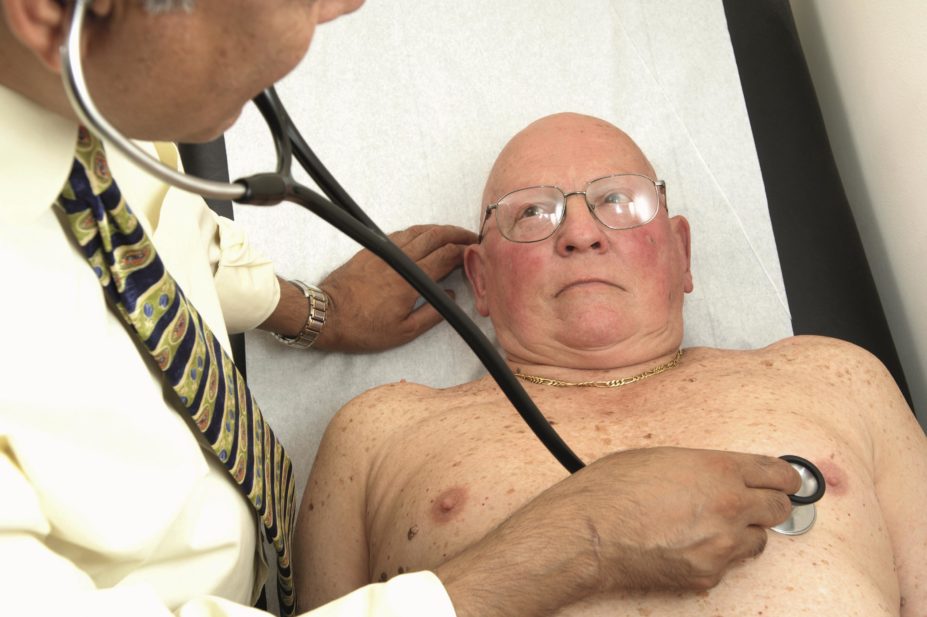
Universal Images Group North America LLC / Alamy Stock Photo
Current tests used to predict the risk of dementia require collecting data from patients, so researchers have developed a model that only requires standard information from GP records[1]
.
The team from University College London developed the model using data from more than 1 million patients from a UK general practice database. It takes into account variables including age and sex, smoking status, blood pressure, medical diagnoses such as diabetes, and prescription medications such as antihypertensives.
The researchers found their model performed well at predicting dementia risk in the next five years for patients aged 60–79 years, but not for older patients.
However, the team suggests that the model may be best suited to ruling out people who are unlikely to develop dementia, sparing them from further investigation, because it had a higher negative predictive value than positive.
References
[1] Walters K, Hardoon S, Petersen I et al. Predicting dementia risk in primary care: development and validation of the Dementia Risk Score using routinely collected data. BMC Medicine 2016. doi: 10.1186/s12916-016-0549-y
You may also be interested in
The importance of diverse clinical imagery within health education

Government should consider ways to prevent ‘inappropriate overseas prescribing’ of hormone drugs, review recommends
